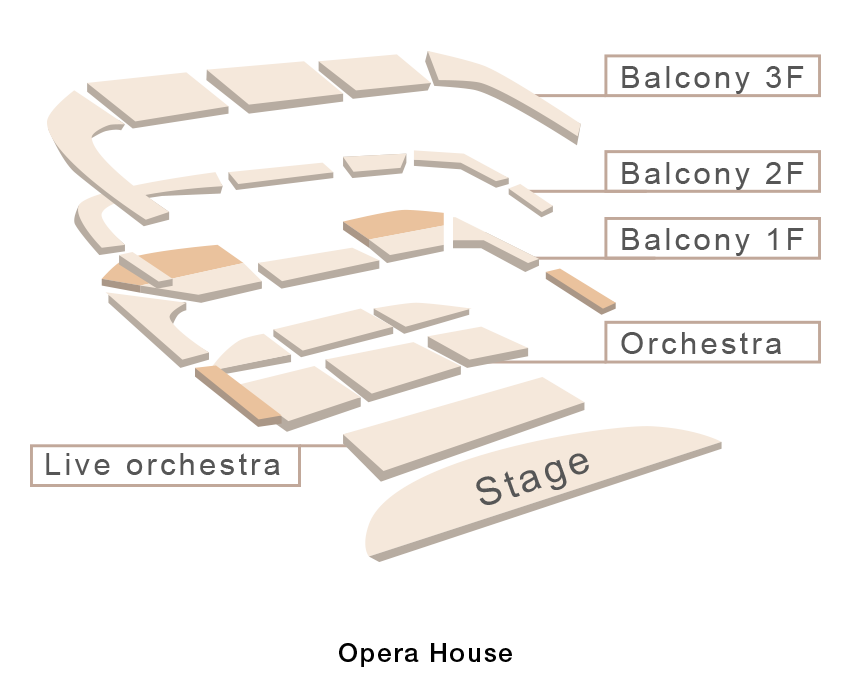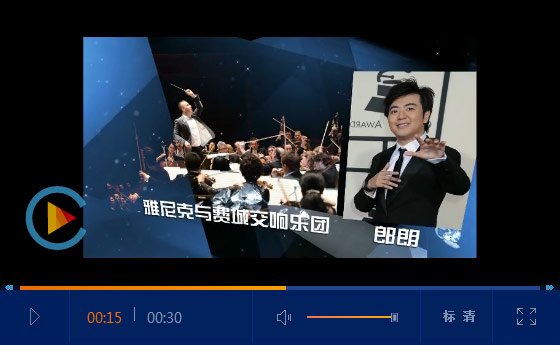NCPA Resident Singers
As an indispensable backbone of the NCPA’s opera production, as well as China’s opera stage, the NCPA Resident Singers, founded in October 2011, stand composed of outstanding opera artists from at home and abroad. As one of the most representative and outstanding teams for interpreting the art of opera, they play a crucial role in about 70 Chinese opera commissions and world classic operas produced by the NCPA. They are a Chinese opera ensemble that has reached the most extensive and deepest cooperation with world-class conductors, directors, singers and stage artists, world-renowned theaters and art institutions, etc. They are also one of the few artist teams managed under professional international standards. Keeping their mission firmly in mind and remaining true to their original aspiration, the singers remain committed to maintaining the high quality of Chinese opera commissions and carrying forward the spirit of Chinese culture by adding the wings of vocal art to the Chinese story. They have toured Turin, Milan, Genoa, Florence, Parma, St. Petersburg, Moscow, and China Hong Kong, Shanghai, Guangzhou, Nanjing, Wuhan, Nanchang, Urumqi and many other places across the globe.
As leading artists, the NCPA Resident Singers have participated in national cultural performances and international cultural exchanges including A Millennium Promise, a theatrical gala held at the “Belt and Road” Forum for International Cooperation, and A Great Journey, a theatrical performance for celebrating the 100th anniversary of the founding of the CPC. They also sing for the people by giving “100 public-spirited performances” and carrying out art education activities, as a significant part of the “Drip Irrigation Project” designed to popularise elegant art and widen the Chinese audience for opera.
Upholding the tenet of “being for the people, for art, and for the world” and adhering to the principles of leadership, inheritance, innovation, compatibility and openness, the NCPA Resident Singers stand devoted to spreading the art of opera in China and initiating a dialogue with the world through elegant art.
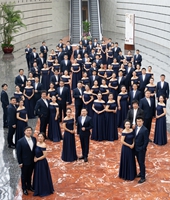
China NCPA Chorus
China NCPA Chorus was established on December 8, 2009. It is the resident chorus of the China National Centre for the Performing Arts. WU Lingfen, the famous conductor, serves as its chorus master. As the professional artistic performing group that belongs to the highest palace of performing arts in China, the chorus adheres to the NCPA’s guiding principle of "for the people, for art, for the world" and is recognized as a vigorous professional chorus with infinite potential.
As one of China’s leading choruses both in the opera and concert, the NCPA Chorus has participated in more than 60 Chinese and foreign operas produced by the NCPA such as
Xishi,
The Ballad of Canal,
The Red Guards on Honghu Lake,
Visitors on the Snow Mountain,
FANG Zhimin,
The Long March, The Daughter of the Party, Turandot,
Carmen,
La Traviata,
Der Fliegende Holländer, and
Aida. The chorus has also planned and performed in many large-scale vocal works and theme concerts including Beethoven’s Ninth Symphony, Mahler’s Eighth Symphonies, Verdi’s
Requiem, and Concert to Commemorate the 110
th Anniversary of HUANG Zi’s Birth, opera concerts such as
William Tell,
Don Juan and so on
. By means of the concerts, the chorus have get high appraisals by the high artistic standard. The late conductor Lorin Maazel said, “It is a chorus of passion”; conductor Daniel Oren, who was excited after rehearsal, said, “This is the chorus that has the best sound I have ever heard. Young as they are, they are better than many of the choruses in Europe”; conductor
Antonio Pappano said, “This is a youthful and passionate chorus that has been well trained to sound wonderful and harmonious”; the world famous tenor Domingo once said, “I am honoured to cooperate with these gifted young artists”.
In addition, they were invited to participate in the Opening ceremony of the XXIV Winter Olympic Games music recording, The National Committee of the Chinese People’s Political Consultative Conference 2024 New Year Tea Party Performance and other major national cultural activities. The chorus has actively demonstrated their mission and responsibility.
The NCPA Chorus has made unremitting efforts and continuous pursuit in art, and has accumulated a series of representative songs with distinctive artistic style like
Take the Lead, The Moon Rises above the Island and so on
. They have commissioned the creation and adaptation of
The Sky-like Alashan,
Crescent Moon and other works have been loved and widely praised by the audience.
The journey of music is full of beauty and joy. The NCPA Chorus has gone through a glorious history of 15 years. The artists of the chorus devote their most vigorous and dynamic youth to the cause of opera and chorus. Looking forward to a new journey, the NCPA Chorus will continue to sing without forgetting the original intention.
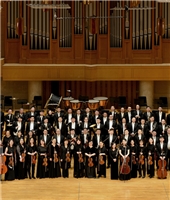
Beijing Symphony Orchestra
Established in October 1977, the Beijing Symphony Orchestra, honoured as “the Orchestral Pearl of the Capital of China”, is affiliated with the Beijing Municipal Bureau of Culture and Tourism. The older generation of maestros, including LI Delun, HUANG Feili, HAN Zhongjie, XU Xin, and QIU Li, as well as the first managing director LI Xianglin, have made great contributions to the orchestra. From the 1990s to 2018, the famous conductor TAN Lihua served as the managing director, artistic director and chief conductor of the Beijing Symphony Orchestra. TAN Lihua reorganised the orchestra to become a more professional one. As a witness and creator of the music culture of Beijing, the capital city, the orchestra has performed about 1,000 works including classical opera, symphony, chamber music and contemporary orchestral music in its decades of development by virtue of its professionalism, consummate playing skills, rich repertoire and profound musicianship, as well as all the musicians’ great passion for art. The orchestra also cooperates with world-famous maestros, performers and Western orchestras in broadening the scope of its repertoire, bringing a steady increase in its artistic level. The high accolade from at home and abroad has made the Beijing Symphony Orchestra one of the orchestral ensembles that are most popular in China and influential in the world. The Forbidden City Concert Hall, located in the Imperial Garden, is the home ground of the Beijing Symphony Orchestra.
In the new era, the Beijing Symphony Orchestra, based on the functional positioning of the capital city, insists on “rendering masterpieces as a famous orchestra made up of prestigious artists” in its music season; it commissions works to excavate the “three cultural belts” of Beijing; it tours China to show its elegant demeanour as the Capital Orchestra; it is passionate about performing for the people; it is progressive in developing the market in flexible and diverse ways... The orchestra carries out systematic construction and brand promotion in the above five aspects, each with distinct features of its own and bringing out the best in one another.
On the present roster of the Beijing Symphony Orchestra are famous orchestras and first-class musicians including the Berliner Philharmoniker, London Philharmonic Orchestra, Russian National Orchestra, Royal Philharmonic Orchestra, etc.; famous masters of art include maestros Gennady Rozhdestvensky, Evgeny Svetlanov, Christoph Eschenbach, Lawrence Foster, Thomas Sanderling, Andrew Davis, Leif Segerstam, Pavel Kogan, and TANG Muhai; piano virtuosos Lazar Berman; Justus Frantz, Jean-Yves Thibaudet, Tzimon Barto, YIN Chengzong, and Lang Lang; violin virtuosos Vadim Viktorovich Repin, Midori, LÜ Siqing, NING Feng, Christophe Barratier, and Sergei Krylov; cello virtuosos Mischa Maisky, Andrew Lloyd Webber, Crona Careni, and TIAN Bonian; viola virtuoso Yuri Bashmet; trumpet artist Garber Bodotsky; singers José Carreras, and Jennifer Larmore.
Eisenbach, a contemporary maestro, praised the Beijing Symphony Orchestra by saying, “It is an orchestra with high professional quality. I am deeply impressed by its extremely high music comprehension and stage performance.”
In recent years, the Beijing Symphony Orchestra has attended many large-scale international cultural and artistic exchanges and performance activities on behalf of China and Beijing. It has visited many countries including Germany, Britain, Switzerland, Austria, Italy, the Czech Republic, Poland, Croatia, Hungary, Turkey, Slovenia, Serbia, South Korea, the USA, Canada, and Montenegro. Meanwhile, the Beijing Symphony Orchestra has its influence bolstered both at home and abroad as it gives an increasing number of touring performances in Mainland China, Hong Kong, Macao and Taiwan.
Based in the capital of China, the Beijing Symphony Orchestra plays a crucial role in promoting the symphony in China. In terms of artistic creation, the orchestra commissions contemporary Chinese music works. It has planned, participated in, commissioned and premiered most of the new works by contemporary Chinese composers—about 200 pieces.
In 2001, the orchestra started its first international commercial tour, setting a precedent for its domestic counterparts. From 2001 to 2017, it toured Europe with honours for eight times, winning high praise from European critics. In 2013, the orchestra made its debut in the North American continent, touring Mexico and the USA for two weeks. “Beijing Symphony Orchestra stirs up a spree of classical music”, which was a banner headline in The Washington Post, America’s widely circulated newspaper.
In 2007, EMI Records, a world-renowned record label with a history of more than 100 years, chose the Beijing Symphony Orchestra as the first Chinese symphony orchestra to cooperate with, and released eight albums recorded for them on a global scale. That was a milestone in its history.
In 2008, the Beijing Symphony Orchestra recorded 212 national (Olympic) anthems of the 207 members for the Beijing Olympic Games. The recordings were recognised by the International Olympic Committee (IOC) and its members. IOC decided that the national (Olympic) anthems used at the Beijing Olympic Games and Paralympic Games would be preserved forevermore as its cultural heritage and applied at the Vancouver Winter Olympics and London 2012 Olympic Games.
In August 2010, Sacred Snow Mountain: A Symphony Concert Dedicated to Mount Kunlun, the Greatest Oriental Mountains, was held in Golmud, Qinghai. The Beijing Symphony Orchestra and Kunlun Choir performed the Chinese composer GUO Wenjing’s symphonic work Sacred Snow Mountain and Beethoven’s Symphony No. 9 “Ode to Joy” at the Kunlun Mountain Pass, which is more than 4,300m above sea level, creating a magnificent feat in the history of world music and development course of Chinese culture.
In 2013, the Beijing Symphony Orchestra took the lead in launching a national tour of domestic orchestras.
In May 2019, the Beijing Symphony Orchestra cooperated with the Tianjin Symphony Orchestra, Hebei Symphony Orchestra and Beijing Poly Theatre Management Co., Ltd. in establishing the Beijing-Tianjin-Hebei Symphony Art Development Alliance in Beijing, opening up a new model of inter-orchestra exchange and orchestra-enterprise cooperation in the country.
On October 1st, 2019, the orchestra took part in a large-scale theatrical performance held on Tiananmen Square in celebration of the “70th anniversary of the founding of the People’s Republic of China” as a vital member of the “Symphony of a Thousand”, playing the melody for China in the new era.
In December 2020, The Grand Canal in the Capital, a large-scale Peking Opera symphonic suite based on the Beijing Section of the Grand Canal presented by the Beijing Municipal Bureau of Culture and Tourism, funded by the Beijing Culture and Art Foundation, and co-produced by the Beijing Symphony Orchestra and Jingju Theatre Company of Beijing, premiered at the NCPA Concert Hall. In March 2021, The Grand Canal in the Capital was staged four times at the NCPA Taihu Art Centre after fine polishing. Also, a record was made in the empty Concert Hall, then with an album released.
In September 2021, The Grand Canal in the Capital was put on at the opening ceremony of the Ninth China Peking Opera Art Festival. In October of the same year, it toured the cities along the Grand Canal, including Shanghai, Hangzhou and Nanjing, receiving critical acclaim.
The Beijing Symphony Orchestra has long remained committed to popularising classical music and education. From 1994 onward, it has organised about 1,000 concerts of various types for popularisation in all industrial and mining enterprises, communities, towns, government agencies, military camps, colleges, primary and secondary schools in the capital, as well as opera houses and concert halls in mega cities including Beijing and Shanghai, benefiting millions of people of different occupations and ages. In 2016, the “Capital Civic Concert Hall”, a project initiated by the Beijing Symphony Orchestra, was launched to promote the introduction of classical music into the daily life of the citizens under the idea of “keeping symphony within the reach of common people”. The “Capital Civic Concert Hall” is based in the capital with the whole country in view. It has gone out of the Beijing-Tianjin-Hebei region into a dozen provinces, autonomous regions and municipalities. Every year, more than 50 concerts are organised for popularisation in and outside Beijing, providing a feast of classical music for ordinary citizens and audience all over the country, making due contributions to meeting the growing spiritual and cultural needs of the people. After years of efforts, the “Capital Civic Concert Hall” not only has become a key project of Beijing City for culturally benefiting the people and a well-known brand for rendering public cultural services in the capital, but also becoming more popular with music lovers and audiences nationwide.
While ushering in a new era for a bright future, the Beijing Symphony Orchestra will continue to take well-targeted steps toward its goal of growing into “China’s top, Asia’s first-class and world-known” orchestral ensemble, and put art above everything else to improve its performing skills and capability to serve the people. With a strong sense of political responsibility as the Capital Orchestra, it will make unremitting efforts and rise with great vigour to promote its sustained and sound development on the road to professionalisation.
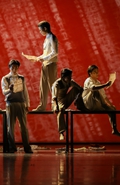 Repertoire
Repertoire
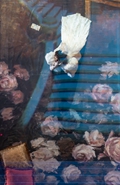 Films
Films
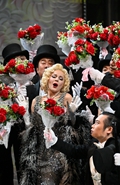 Videos
Videos
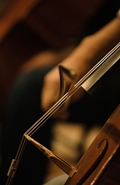 Podcast
Podcast
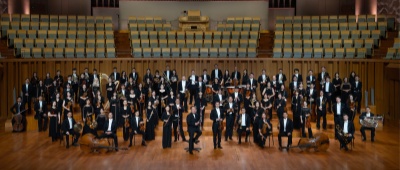 China NCPA Orchestra
China NCPA Orchestra
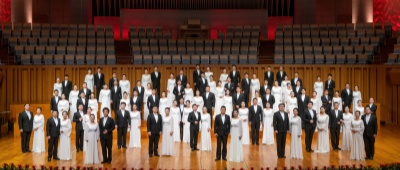 China NCPA Chorus
China NCPA Chorus
 NCPA Resident Singers
NCPA Resident Singers
 NCPA Drama Ensemble
NCPA Drama Ensemble
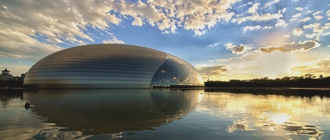 Buildings
Exhibitions
Buildings
Exhibitions
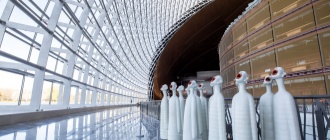 Opening Hours
Services
Opening Hours
Services
 Western Cuisine
NCPA Café
Arts Gifts
Western Cuisine
NCPA Café
Arts Gifts








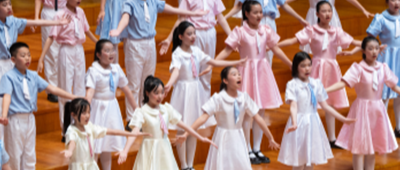
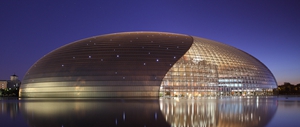





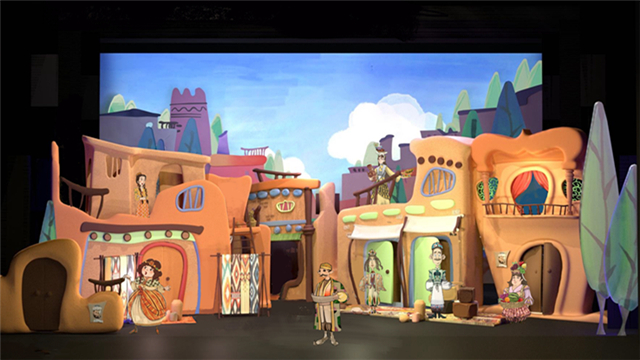
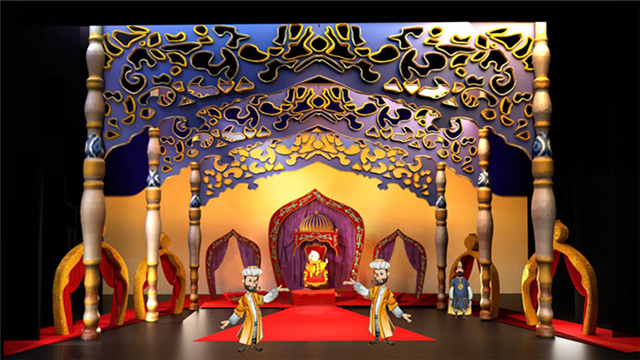
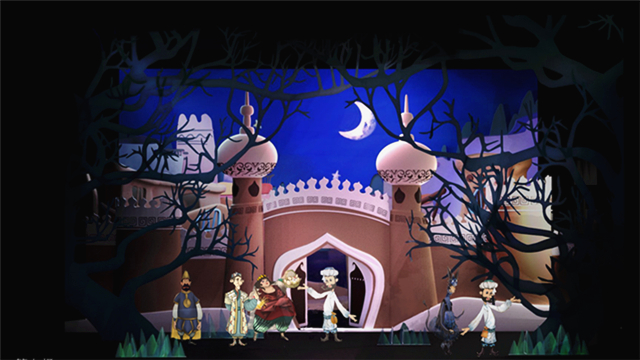


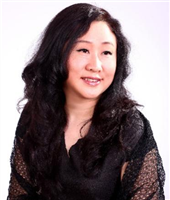
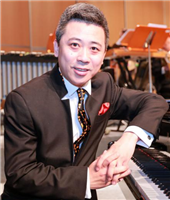
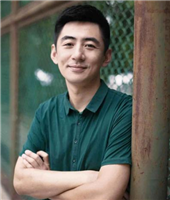
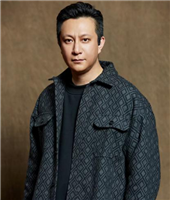
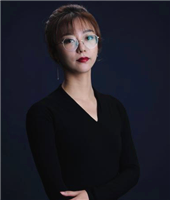


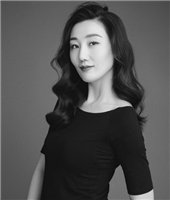

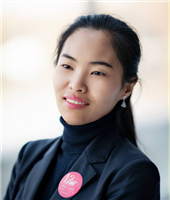
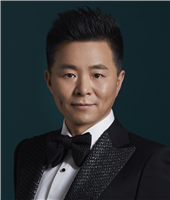
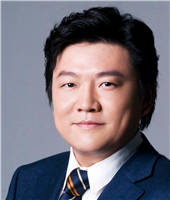
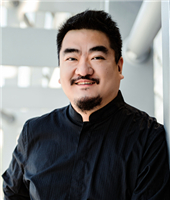
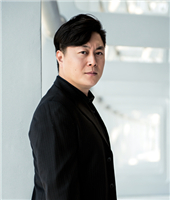

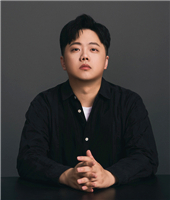
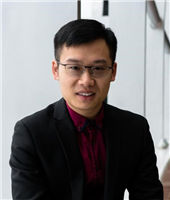
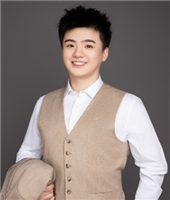







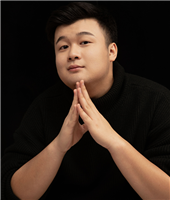


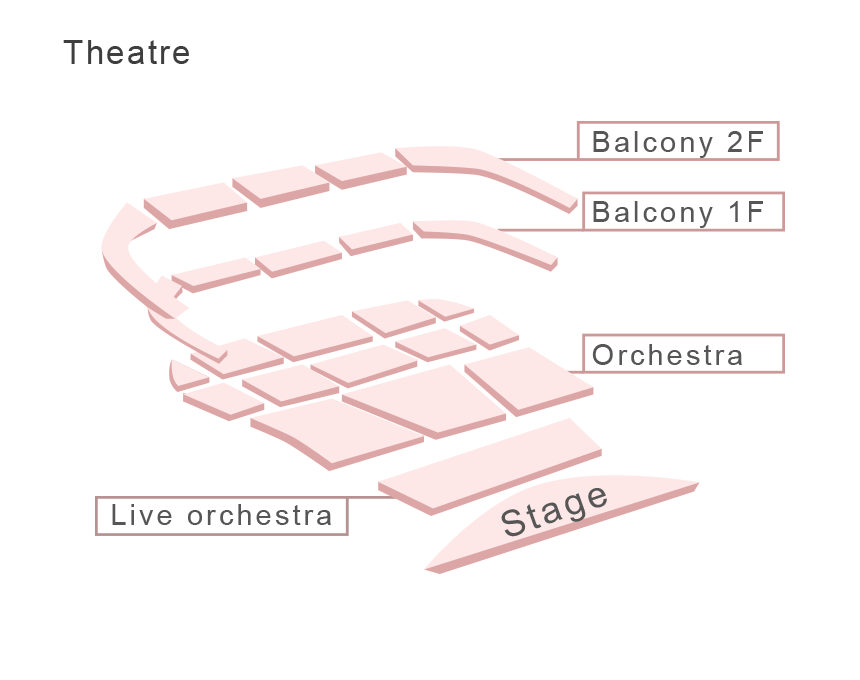 戏剧场
戏剧场
 小剧场
小剧场
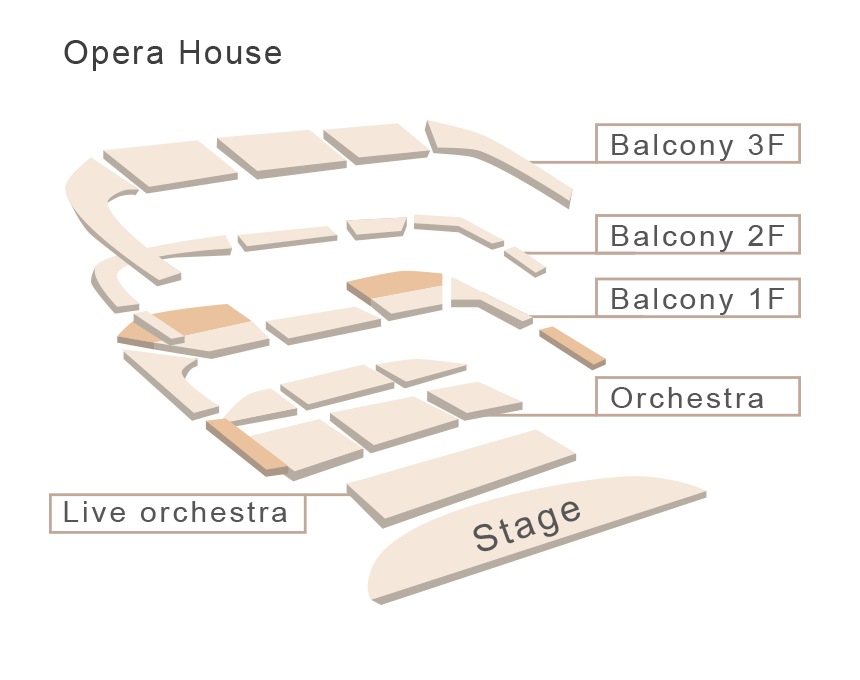 歌剧院
歌剧院
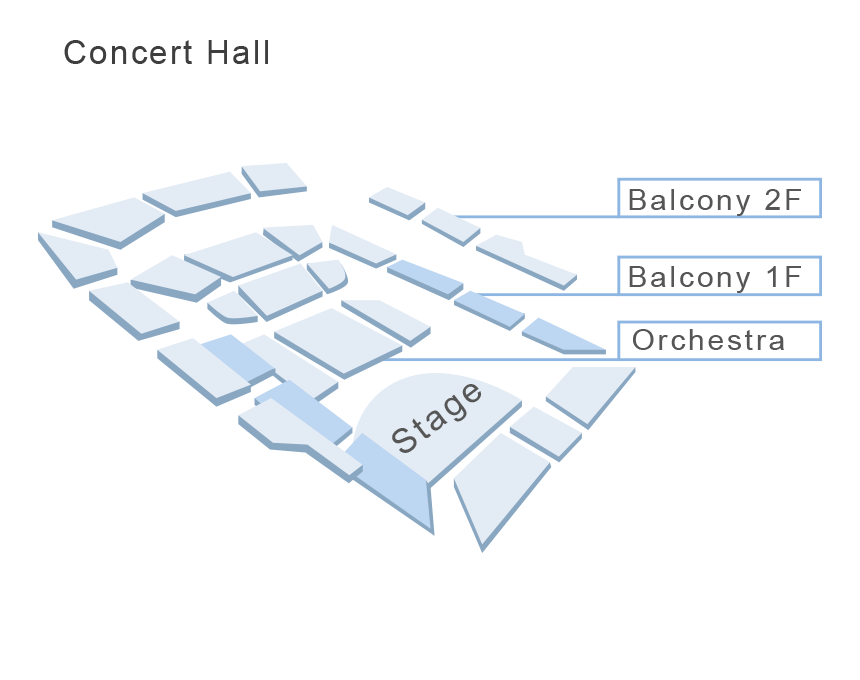 音乐厅
音乐厅











